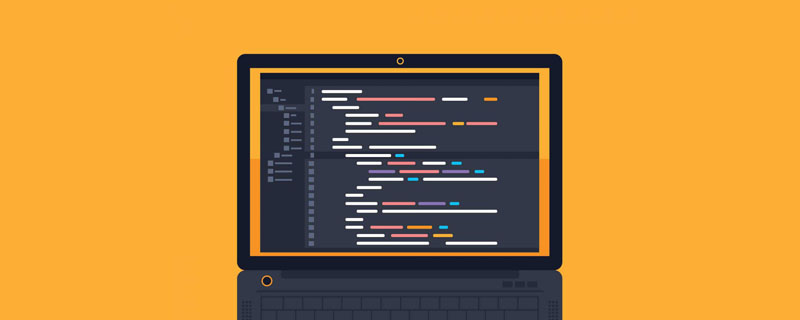HTML 程式碼需要樣式屬性,以便在 Chrome、Firefox 和 IE 等網頁瀏覽器中呈現的網頁能夠如預期外觀顯示。 HTML 標籤可以包含各種訊息,而 style 屬性使用內嵌樣式來控制 HTML 區塊中資訊的外觀。
本文將了解有關 HTML 樣式屬性的更多信息,該屬性只不過是一組定義如何在 Web 瀏覽器中呈現頁面的規則。
HTML 樣式屬性清單
這裡列出了所有可用於影響和控制 HTML 元素設計的樣式屬性,並附有一個實際範例:
1.背景顏色
此 CSS 屬性可讓我們設定任何 HTML 元素的背景顏色,例如
等。
範例
<div style="background-color:blue">My background is blue</div>
輸出:

2.顏色
HTML 元素中文字的字體顏色可以透過將其顏色屬性設定為正確的顏色名稱、十六進位代碼或 RGB 代碼來控制。
範例
<div style="color:blue">My font color is blue</div>
輸出:

3.邊框顏色
如果我們想為其新增邊框,我們可以設定任何 HTML 元素的邊框顏色。
範例
<p style="border: 1px solid red">My border is red</p>
輸出:

如上面的程式碼所示,border 屬性會依照以下順序接受三個屬性:「border-width border-style border-color。」
4.背景圖片
我們也可以使用background-image屬性將影像設定為背景,如下所示:
範例:
<div style="background-image: url('https://www.google.com/images/branding/googlelogo/2x/googlelogo_color_272x92dp.png');height :365px">
<p><strong>輸出:</strong></p>
<p><img src="/static/imghwm/default1.png" data-src="https://img.php.cn/upload/article/000/000/000/172543789760801.png?x-oss-process=image/resize,p_40" class="lazy" alt="HTML 樣式屬性" ></p>
<h4 id="背景-重複">5.背景-重複</h4>
<p>如您在上面的範例中所看到的,當使用background-image屬性將影像設為背景時,預設情況下,它會在水平和垂直方向上重複該影像。然而,某些圖像可能需要垂直或水平重複,或者可能不需要重複。可以透過設定背景重複屬性所需的值來控制此行為,並且只能在使用背景圖像時使用;否則,當用作獨立屬性時,它不會添加任何樣式值。 </p>
<p>值「repeat-x」允許影像僅水平重複。 </p>
<p>值「repeat-y」允許影像僅垂直重複。 </p>
<p>值「no-repeat」用於停止背景影像的任何重複。 </p>
<p>讓我們修改上面的範例來改進背景圖像。 </p>
<p><strong>範例 </strong></p>
<pre class="brush:php;toolbar:false"><div style="background-image: url('https://www.google.com/images/branding/googlelogo/2x/googlelogo_color_272x92dp.png');height :365px; background-repeat:no-repeat">
<p><strong>輸出:</strong></p>
<p><img src="/static/imghwm/default1.png" data-src="https://img.php.cn/upload/article/000/000/000/172543789985182.png?x-oss-process=image/resize,p_40" class="lazy" alt="HTML 樣式屬性" ></p>
<p>我們可以透過對比上面的例子並透過背景圖片來理解;我們可以添加一張圖片作為背景,透過背景重複,我們可以控制背景圖片的重複。 </p>
<h4 id="背景位置">6.背景位置</h4>
<p>透過這個屬性,我們可以定義背景圖片的位置。 </p>
<p><strong>範例</strong></p>
<pre class="brush:php;toolbar:false"><div style="background-image: url('https://www.google.com/images/branding/googlelogo/2x/googlelogo_color_272x92dp.png');height :365px; width:500px;background-repeat: no-repeat; background-position: left bottom;">
</div>
輸出:

7.邊距
CSS 為我們提供了在 HTML 元素的所有四個邊上設定邊距的屬性,或者我們可以為元素的特定邊添加邊距。
使用margin-top可以為元素頂部添加邊距,margin-right會為元素右邊添加邊距,margin-left會為元素左邊添加邊距,而margin-bottom將在底部添加邊距。除了使用這四個屬性之外,我們還可以使用 margin 屬性並根據我們的要求設定其值。
範例
p {
margin-top: 25px;
margin-bottom: 75px;
margin-right: 50px;
margin-left: 100px;
}
或
p
{
margin: 25px 50px 75px 100px;
}
8.填充
padding 屬性定義元素內容與其邊框之間的空間。我們可以使用「padding」屬性或單獨的填充屬性(例如 padding-top、padding-bottom、padding-left 和 padding-right)來設定元素內容的頂部、底部、左側或右側的填充。
p {
padding-top: 25px;
padding-bottom: 75px;
padding-right: 50px;
padding-left: 100px;
}
或
p
{
padding: 25px 50px 75px 100px;
}
9.高度和寬度
用來定義任何 HTML 元素的高度和寬度的最基本的 CSS 屬性是高度和寬度。您可以將它們設定為像素值,例如 200px,或百分比,例如 10%、20% 等
10。文字對齊
您可以使用此屬性來設定元素中文字對齊的水平方向。值選項為居中、居右或居左。
p {
text-align: center;
}
或
p {
text-align: left;
}
or
p {
text-align: right;
}
11. Text-Decoration
Text decoration property can be used to set decorations like underline, line-through, or overline over text in HTML.
Example:
<p style="text-decoration:underline">This is underline</p>
Output:

12. Letter-Spacing
As the name suggests, this property defines the spacing between letters/characters in a word. You can assign a positive or negative pixel value to increase or decrease the spacing between letters.
Example:
<p style="letter-spacing: -3px">My words are overlapped </p>
Output:

13. Line-Height
Line height defines the distance between vertical lines. You can set the line height to a positive or negative pixel value, similar to letter spacing. Let’s review the example below to understand better:
Example:
<p style="line-height: 0.7px">This paragraph has a small line-height.<br>This paragraph has a small line-height.<br> </p>
Output:

14. Text Direction
Sometimes, if the web page’s content is not in English but in some other language like Arabic, which follows a right to the left convention, we would need to change the direction of the text. In such cases, we can reverse the text direction.
Example:
<p style="direction: rtl"><bdo dir="ltr">I am right to left</bdo></p>
Output:

15. Text Shadow
This property adds a shadow to the text.
Example:
<p style="text-shadow: 3px 2px gray;"> I’ve got a gray shadow</p>
Output:

16. Font Family
We can define the font class for text in an element. We can define multiple font families separated by a comma as a fallback system to handle scenarios where a preferred font class cannot be loaded.
- Font style: We can add italic or oblique effects to the text with the font-style property.
Example:
<p style="font-style: oblique">This is oblique style.</p>
Output:

- Font weight: This property defines the weight of a font.
Example:
<p style="font-weight: 900"> This is a bold paragraph</p>
Output :

The styling attributes showcased above are our building blocks with UI and UX designing. New versions of CSS continue to evolve.
以上是HTML 樣式屬性的詳細內容。更多資訊請關注PHP中文網其他相關文章!
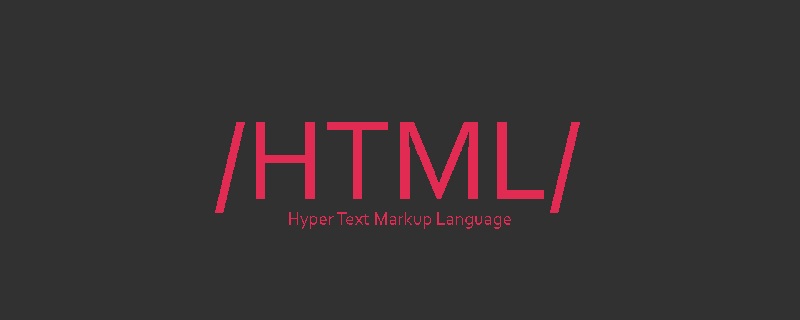 HTML超文本标记语言--超在那里?(文档分析)Aug 02, 2022 pm 06:04 PM
HTML超文本标记语言--超在那里?(文档分析)Aug 02, 2022 pm 06:04 PM本篇文章带大家了解一下HTML(超文本标记语言),介绍一下HTML的本质,HTML文档的结构、HTML文档的基本标签和图像标签、列表、表格标签、媒体元素、表单,希望对大家有所帮助!
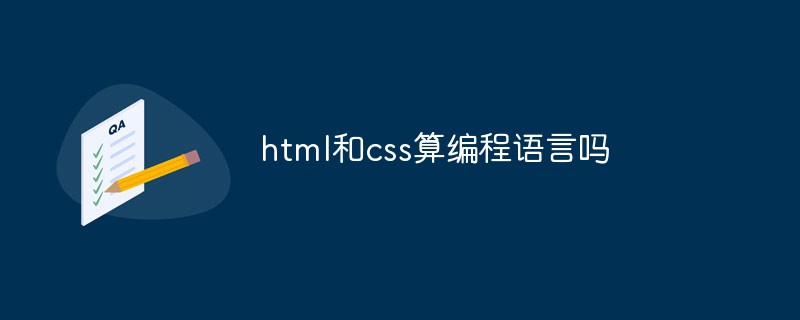 html和css算编程语言吗Sep 21, 2022 pm 04:09 PM
html和css算编程语言吗Sep 21, 2022 pm 04:09 PM不算。html是一种用来告知浏览器如何组织页面的标记语言,而CSS是一种用来表现HTML或XML等文件样式的样式设计语言;html和css不具备很强的逻辑性和流程控制功能,缺乏灵活性,且html和css不能按照人类的设计对一件工作进行重复的循环,直至得到让人类满意的答案。
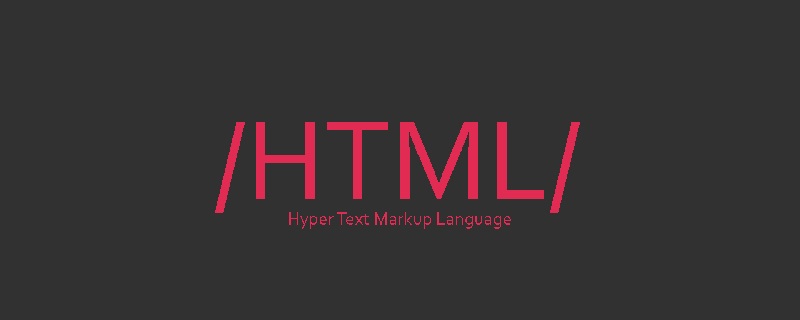 web前端笔试题库之HTML篇Apr 21, 2022 am 11:56 AM
web前端笔试题库之HTML篇Apr 21, 2022 am 11:56 AM总结了一些web前端面试(笔试)题分享给大家,本篇文章就先给大家分享HTML部分的笔试题(附答案),大家可以自己做做,看看能答对几个!
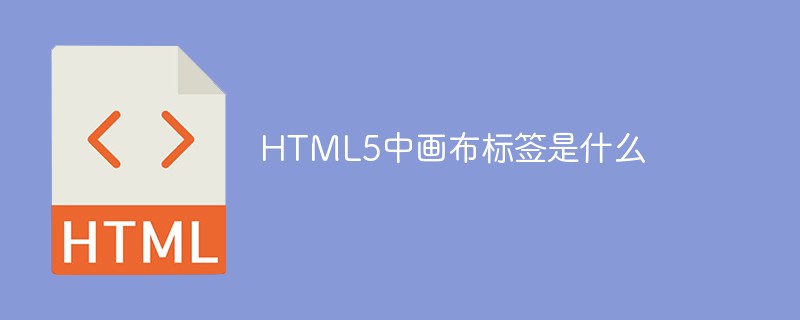 HTML5中画布标签是什么May 18, 2022 pm 04:55 PM
HTML5中画布标签是什么May 18, 2022 pm 04:55 PMHTML5中画布标签是“<canvas>”。canvas标签用于图形的绘制,它只是一个矩形的图形容器,绘制图形必须通过脚本(通常是JavaScript)来完成;开发者可利用多种js方法来在canvas中绘制路径、盒、圆、字符以及添加图像等。
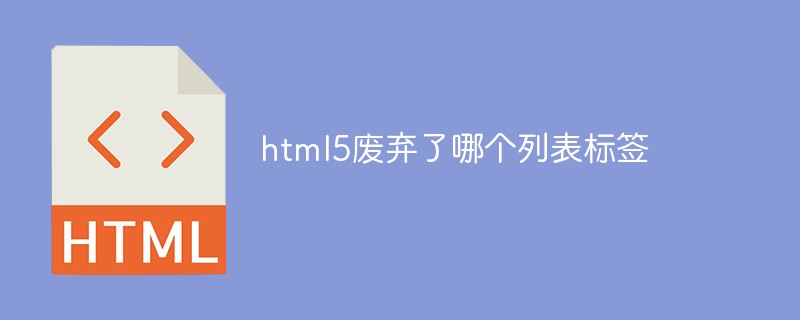 html5废弃了哪个列表标签Jun 01, 2022 pm 06:32 PM
html5废弃了哪个列表标签Jun 01, 2022 pm 06:32 PMhtml5废弃了dir列表标签。dir标签被用来定义目录列表,一般和li标签配合使用,在dir标签对中通过li标签来设置列表项,语法“<dir><li>列表项值</li>...</dir>”。HTML5已经不支持dir,可使用ul标签取代。
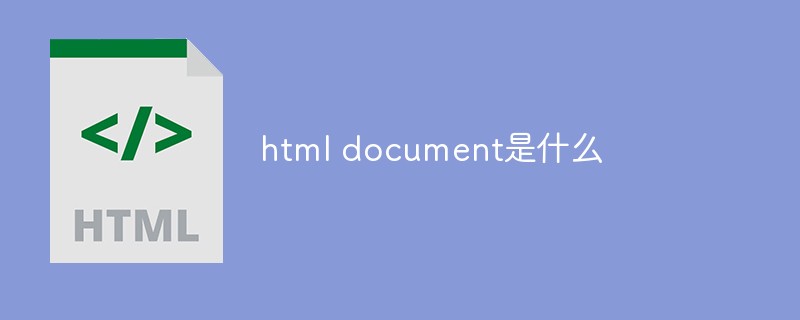 html中document是什么Jun 17, 2022 pm 04:18 PM
html中document是什么Jun 17, 2022 pm 04:18 PM在html中,document是文档对象的意思,代表浏览器窗口的文档;document对象是window对象的子对象,所以可通过“window.document”属性对其进行访问,每个载入浏览器的HTML文档都会成为Document对象。
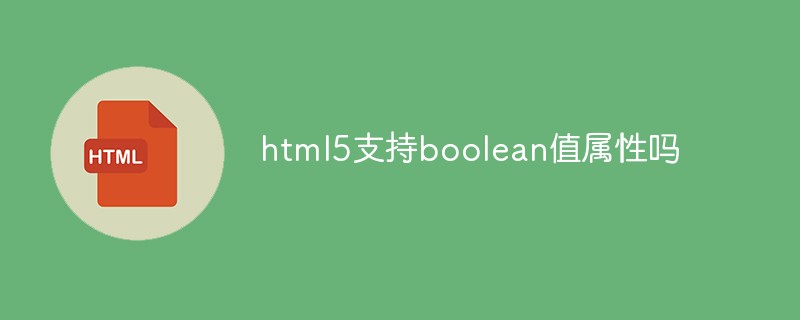 html5支持boolean值属性吗Apr 22, 2022 pm 04:56 PM
html5支持boolean值属性吗Apr 22, 2022 pm 04:56 PMhtml5支持boolean值属性;boolean值属性指是属性值为true或者false的属性,如input元素中的disabled属性,不使用该属性表示值为flase,不禁用元素,使用该属性可以不设置属性值表示值为true,禁用元素。


熱AI工具

Undresser.AI Undress
人工智慧驅動的應用程序,用於創建逼真的裸體照片

AI Clothes Remover
用於從照片中去除衣服的線上人工智慧工具。

Undress AI Tool
免費脫衣圖片

Clothoff.io
AI脫衣器

AI Hentai Generator
免費產生 AI 無盡。

熱門文章

熱工具

Safe Exam Browser
Safe Exam Browser是一個安全的瀏覽器環境,安全地進行線上考試。該軟體將任何電腦變成一個安全的工作站。它控制對任何實用工具的訪問,並防止學生使用未經授權的資源。

SublimeText3 Linux新版
SublimeText3 Linux最新版

SublimeText3漢化版
中文版,非常好用

記事本++7.3.1
好用且免費的程式碼編輯器

SublimeText3 Mac版
神級程式碼編輯軟體(SublimeText3)





